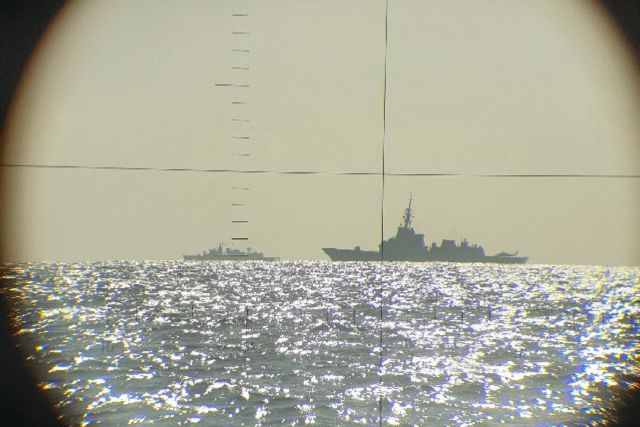It is said that the Chinese, when they want to curse someone, say “May you live in interesting times”, which is to say times turbulence and upheaval.
Indeed, today’s era of transition may in that sense appear interesting, as it is full of dangers and challenges, but it also creates opportunities.
The common conviction is that the world is moving toward a new geopolitical architecture. The great powers are repositioning themselves through clashes, and regional powers are pressing their own claims.
This is demonstrated by the ongoing Ukraine crisis and is confirmed by evolving global economic competitions, most notably in the critical and sensitive energy sector.
Putin’s Russia is using its natural gas to pressure Europe and is demanding the Finlandisation [a neutral country that will not join NATO and on which Moscow will exert influence] of Ukraine, because it believes it will threatened.
For its part, the US wants Europe to be its own and Russia to be neutral and immobilised in the competition with China.
Moreover, Russia’s revisionist claims, based on the historically discredited concepts of vital space and spheres of influence, fuels the revisionist agenda of regional powers such as Turkey.
It is no coincidence that along with Russia’s claims in Ukraine, we are witnessing an escalation of Turkish provocations in the Aegean, with historically unfounded claims on Greece’s islands.
Turkey’s leadership is exploiting the current international confluence of events to press its claims even further than its longstanding position that many Aegean islands are in “grey zones” [the sovereignty over which is in Ankara’s view unclear], adopting Erdogan’s neo-Ottoman objectives and plans.
Over the last two-and-a-half years, since the summer of 2019, Ankara has created constant tensions, rendering Greek-Turkish relations more complex and fragile.
By all appearances, Turkey’s leadership believes that it can reap benefits from the coming geopolitical shifts.
Former foreign minister Evangelos Venizelos has in the past rightly underlined that, “The era of the Cold War reminds us of how international [geopolitical] balances influence regional problems, and the way in which a regional crisis can be fueled by the vicissitudes of balances at a higher level.”
He also noted the danger “of the Greek-Turkish conflict becoming an appendage” to the framework of the intensifying competition between superpowers.
There is a danger, therefore, of the disputes in the Aegean and on Cyprus and Greece’s real rights being downgraded and lost over time.
Until now, Greece has reacted to Turkey’s growing aggressiveness with defensive moves.
It has bolstered its deterrent capabilities, has renewed alliances in the broader region, and has deepened its ties with the US. Yet all that may not be enough.
It may be time for Athens to adopt more proactive choices in its foreign policy. The approach of kicking the can down the road has apparently been exhausted. It may also be time for political parties to come together, discuss the issues in-depth, and thresh out a single national line toward Turkey.
There is no room any longer for domestic tensions. It is necessary for Greece to express itself in a unified manner, with comprehensive planning and a deep evaluation of both the threats and the opportunities.





